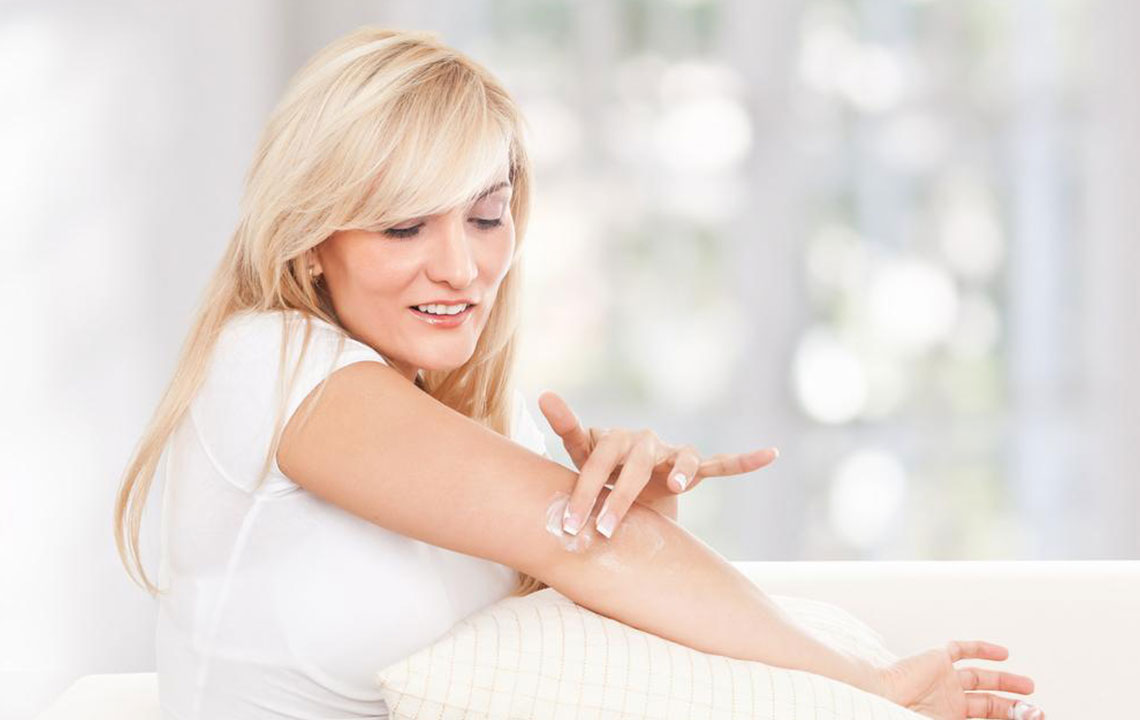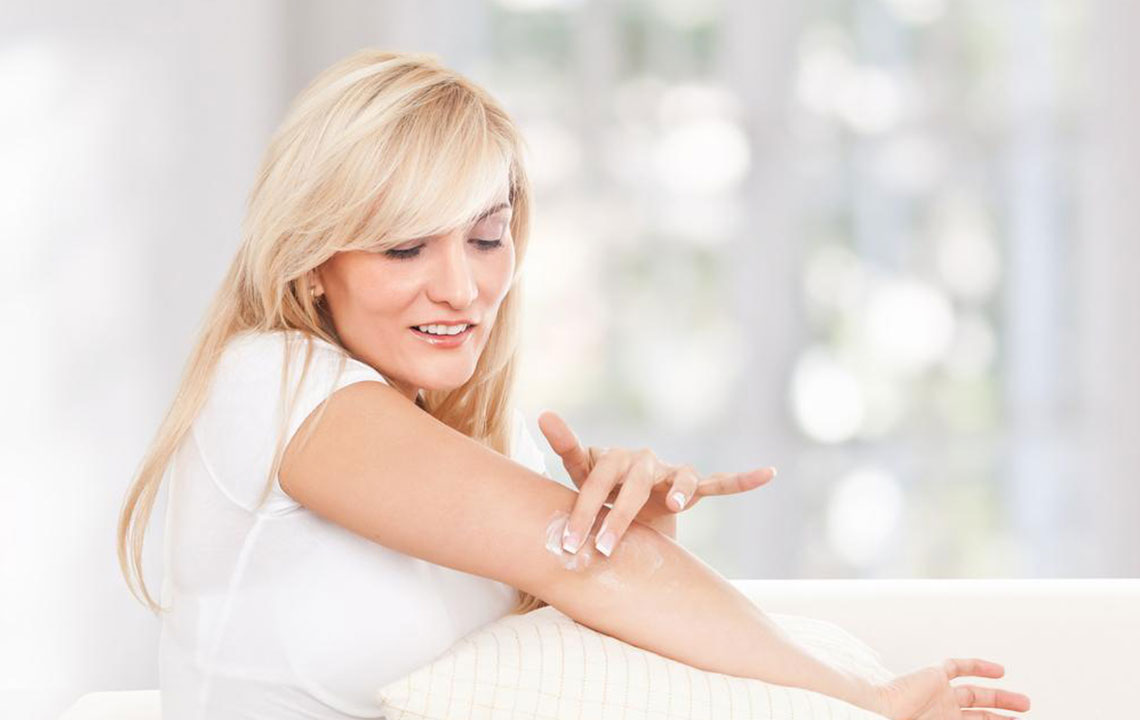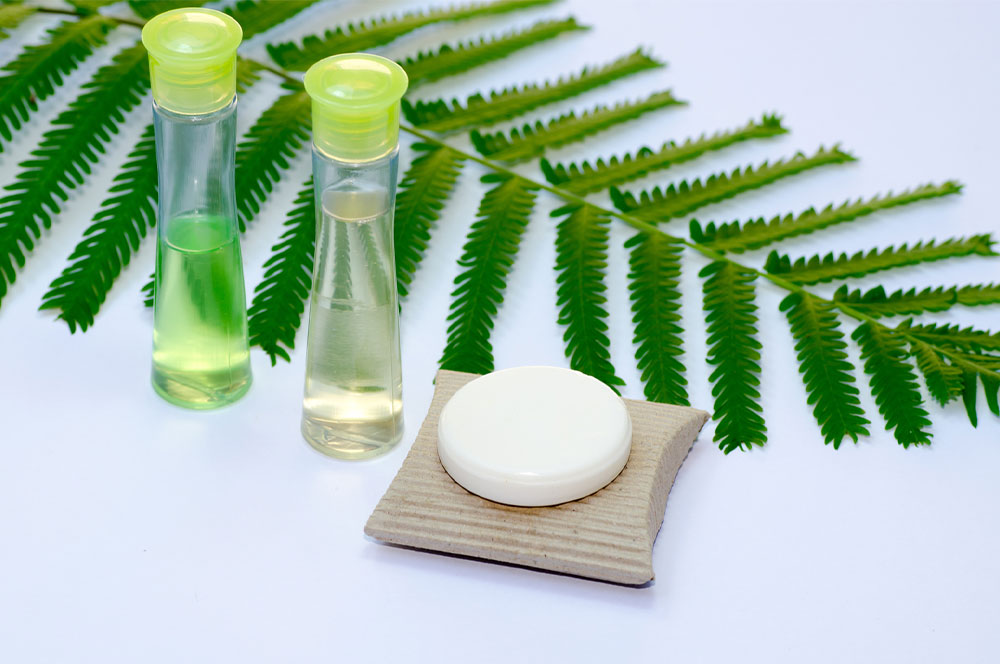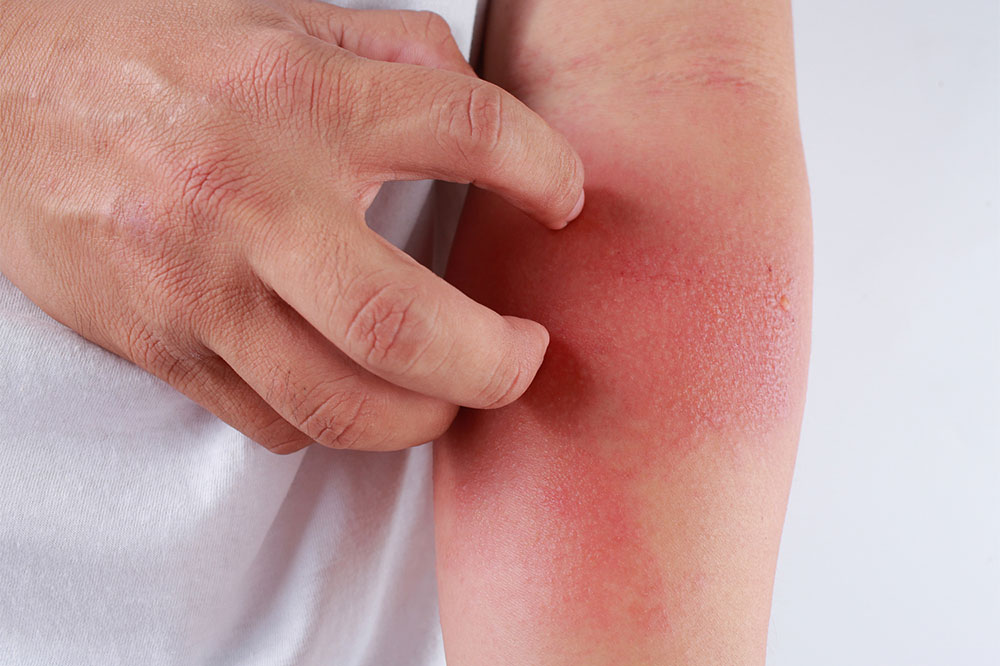Comprehensive Guide to Managing Eczema Through Proper Moisturization Techniques
This comprehensive guide emphasizes the importance of proper moisturization in managing eczema. It offers detailed tips on selecting suitable products, correct application techniques, and integrating moisturization into daily skincare routines. By following these expert strategies, individuals with eczema can effectively reduce flare-ups, restore skin health, and improve their quality of life through consistent, gentle care tailored for sensitive skin. Discover how proper hydration can transform eczema management today.
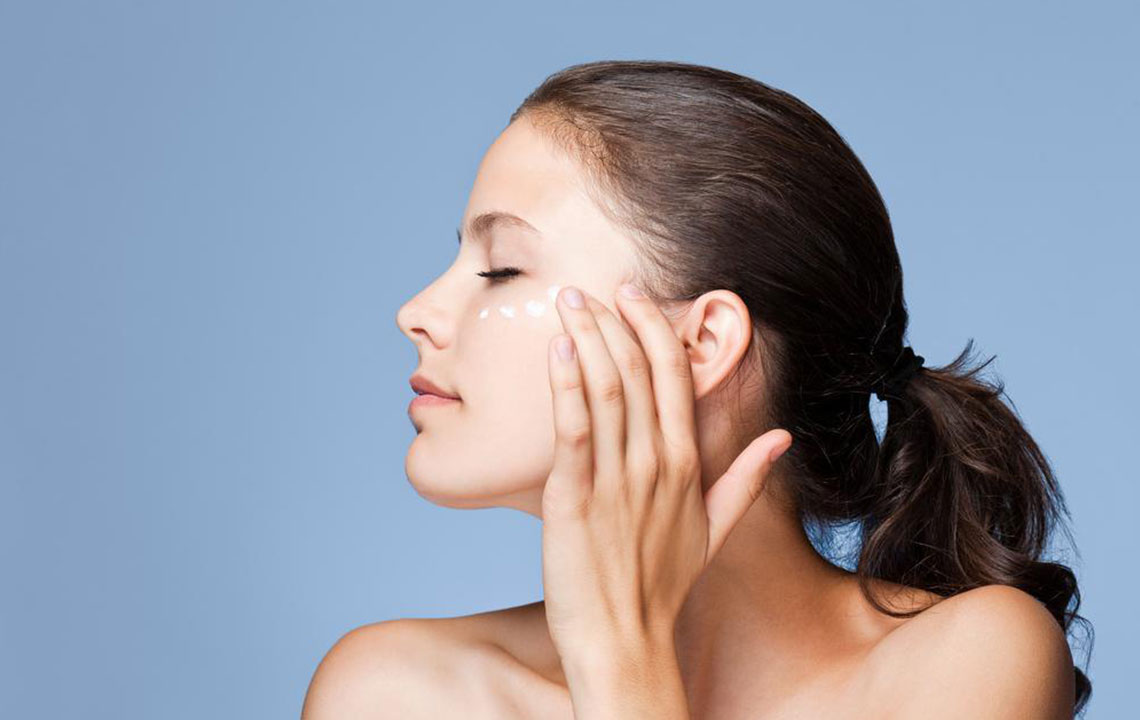
Comprehensive Guide to Managing Eczema Through Proper Moisturization Techniques
Eczema, medically known as dermatitis, is a common chronic skin condition affecting millions worldwide. This ailment is characterized by skin inflammation, redness, intense itching, and dryness, often causing discomfort and affecting quality of life. An essential aspect of managing eczema involves effective skin hydration, making proper moisturization a cornerstone of treatment.
Eczema symptoms can be triggered or worsened by various environmental factors and skin irritants. Cold weather, wind, exposure to harsh soaps, frequent washing, and exposure to irritants such as fragrances and dyes in skincare products can exacerbate the condition. Consequently, maintaining optimal skin hydration through a consistent moisturizing routine becomes critical for minimizing flare-ups, restoring skin barrier function, and preventing recurrence.
Successful eczema management hinges not only on choosing the right skincare products but also on understanding how to apply them correctly. Best practices include selecting moisturizers suited for sensitive skin, applying them promptly after bathing, and integrating them into daily skincare routines.
Implementing an Effective Moisturization Routine for Eczema
To effectively control eczema symptoms, the primary goal should be to keep the skin well-hydrated. Using targeted moisturizers designed for sensitive or eczema-prone skin plays a crucial role. These products form a protective barrier that prevents water loss, restores the skin’s natural defenses, and reduces irritation.
Applying moisturizer within minutes after bathing is especially beneficial, as it helps trap moisture in the skin and fortifies the skin barrier. This simple yet effective step can significantly reduce the severity and frequency of eczema flare-ups. Additionally, maintaining a consistent skincare routine that includes gentle cleansing, moisturizing, and avoiding irritants can make a noticeable difference in managing the condition.
Key Guidelines for Eczema Skincare
After bathing, pat the skin dry gently with a soft towel; do not rub harshly to avoid irritation.
Apply prescribed topical medications before moisturizer if instructed by a healthcare provider.
Mositurize immediately after bathing while the skin is still slightly damp to maximize hydration retention.
Choose fragrance-free, dye-free products formulated for sensitive skin to reduce risk of irritation.
Use clean hands or tools like pumps, spoons, or spatulas to avoid contaminating moisturizer containers.
Warm the moisturizer slightly in your hands before application, which can improve absorption.
Press the moisturizer gently onto the skin rather than rubbing vigorously, supporting the skin’s healing process.
Allow the moisturizer to absorb naturally without quick dispelling or wiping off excess.
Moisturize hands meticulously after every wash or water exposure to prevent dryness and cracking.
Special Tips for Post-Bath Skin Care
Using lukewarm water for bathing, instead of hot water, helps prevent stripping natural oils from the skin. Opt for gentle, fragrance-free cleansers instead of harsh soaps, which can aggravate eczema. The critical step involves applying a thick layer of moisturizer within three minutes after bathing, sealing in the precious moisture. This practice not only alleviates dry skin but also fortifies the skin’s barrier against environmental irritants.
Choosing the Suitable Moisturizer for Eczema
Not all moisturizers are created equal, especially for eczema-prone skin. Many over-the-counter options may lack the appropriate formulation to provide sufficient barrier protection. For eczema, products containing higher oil content, such as ointments and greasy creams, are generally more effective. These formulations help lock in moisture more effectively than lighter lotions or water-based creams.
Hands are particularly vulnerable because they are constantly exposed to water, dirt, and harsh chemicals. Keeping hands moisturized is essential for preventing cracks and infections. After washing hands, gently pat them dry and immediately apply a fragrance-free, gentle moisturizer especially formulated for sensitive skin. Carry a small tube or pot of moisturizer with you and reapply regularly throughout the day for optimal protection.
In advanced cases, combining medication with a robust moisturizing routine under medical supervision can help control severe eczema symptoms. Wearing cotton gloves overnight after applying medicated cream and moisturizer can enhance absorption and provide additional protection.
In summary, effective eczema management revolves around consistent, proper skin hydration. Selecting the right products, applying them correctly, and adopting gentle skincare habits can significantly improve skin health, reduce flare-ups, and enhance overall comfort for those affected by eczema. Establishing a routine that suits your skin's specific needs and environment is the key to long-term management and relief.

